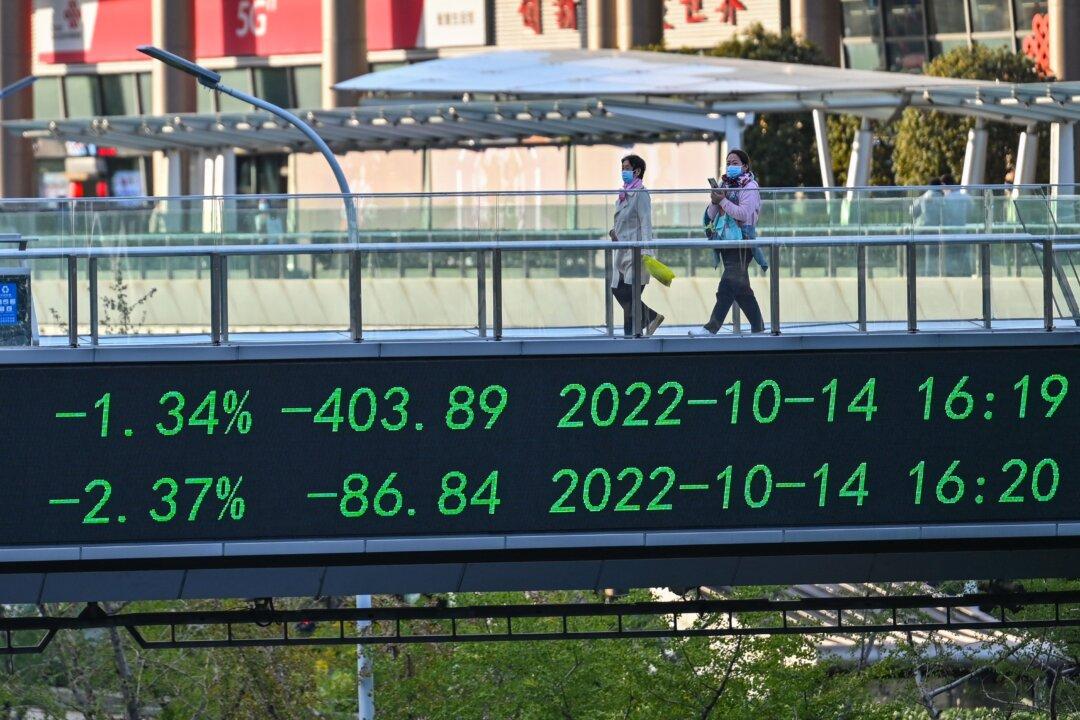News Analysis
News that Chinese communist leader Xi Jinping would assume a third term in power sent markets into a dive on Oct. 24, marking a broader pessimism that the leader’s policies will have negative consequences for the global economy.

News that Chinese communist leader Xi Jinping would assume a third term in power sent markets into a dive on Oct. 24, marking a broader pessimism that the leader’s policies will have negative consequences for the global economy.